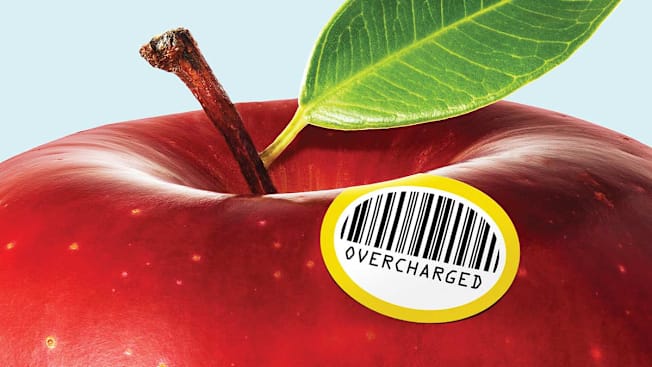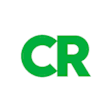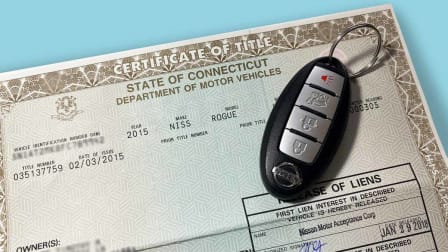Building a Better World, Together

Join with us to make a safer, fairer, healthier marketplace
Keeping an Eye on Grocery Prices
What’s at stake: With U.S. food prices having increased by nearly 25 percent since 2020, many Americans try to stretch their grocery dollars by choosing items that are on sale. But all too often, it appears, they’re unknowingly being charged more than the advertised discount prices when they get to the register.
What CR is doing about it: CR recently learned that employees of supermarket giant Kroger were reporting widespread price label errors leading to overcharges. They also claimed company management knew of the problem but wouldn’t hire enough workers to update the sale tags.
CR (with our partners The Guardian and the Food & Environment Reporting Network) set out to document the problem. We recruited people to shop at 26 Kroger and Kroger-owned stores in 14 states and the District of Columbia. Expired sale labels at many of these stores led to overcharges on more than 150 items, on which our shoppers were overcharged by an average of 18.4 percent per item.
In short, our findings suggest that the typical Kroger shopper pays more than they think for discounted items.
CR’s report was published in mid-May. A day later, Kroger announced it would hire 15,000 new employees to “enhance the customer experience.” In June, U.S. Sen. Ruben Gallego, D-Ariz., sent a letter urging Kroger to prevent such errors and reimburse affected customers— and noting that reported overcharging at one Texas store “appears to be a deceptive pricing practice under the Federal Trade Commission Act.”
What you can do: Sign our petition urging Kroger to ensure all items are accurately labeled and to honor all shelf prices. Also see our Make the Price Right campaign.
Fighting Unfair Fees
CR has long fought so-called junk fees—hidden charges that tend to show up only at the end of a transaction. Such fees can make it almost impossible for consumers to comparison shop or stick to a budget.
But, in a big win for consumers, a new Federal Trade Commission rule requiring hotels, vacation rentals, and event ticket sellers to show full prices up front—including fees—went into effect in May. The rule doesn’t eliminate all surprise or bogus fees, but it’s a major step toward greater transparency.
Learn more about junk fees and how to avoid some of them in “How to Avoid 7 Hidden Fees.”
Editor’s Note: This article appeared in the September/October 2025 issue of Consumer Reports magazine.




